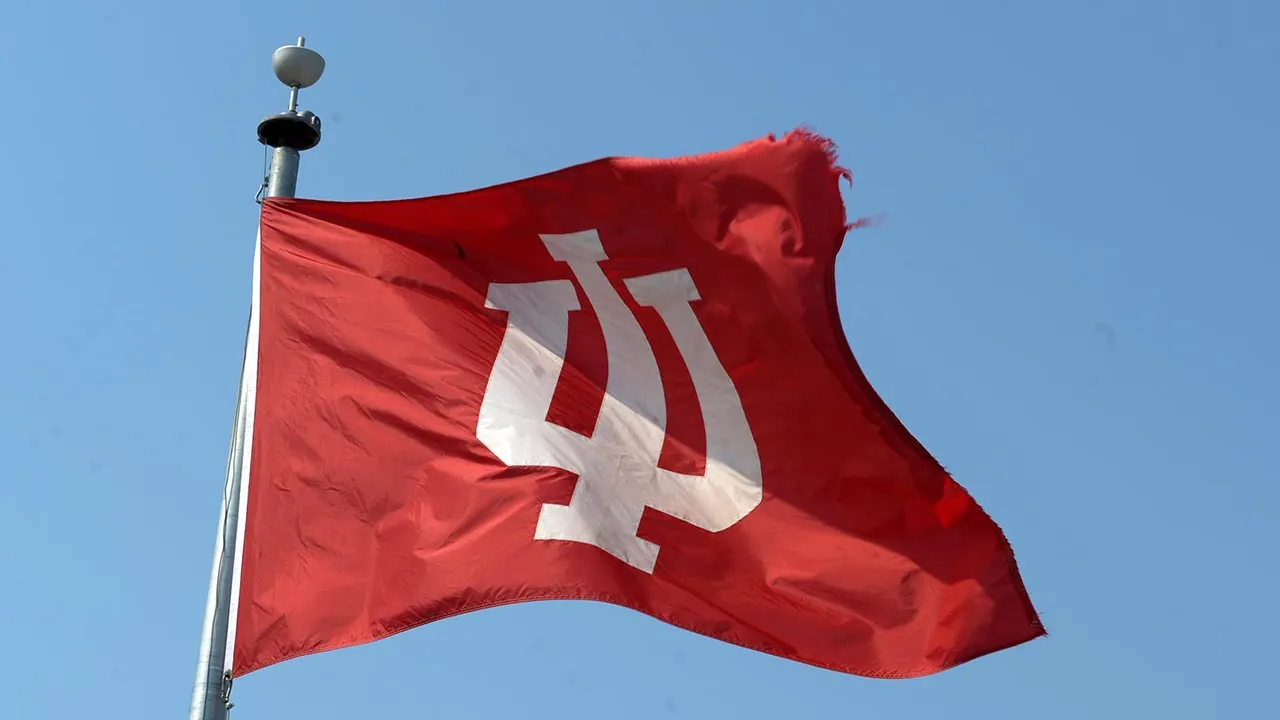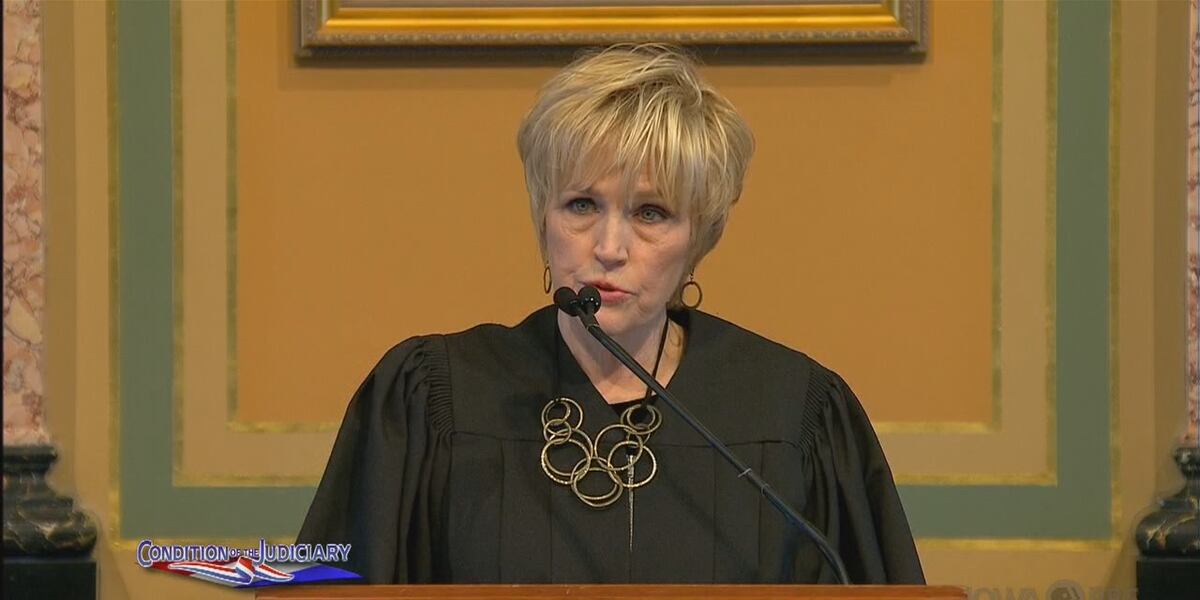Alaska
I saw houses being washed away in Alaska. Stop the victim blaming

It was a hot, sunny day in Alaska’s capital city, uncharacteristic of the largest temperate rainforest in the world. My nineteen-year-old niece and I were chatting about global warming, as Alaskans do whenever we get too hot.
“Global warming?” my niece laughed. “More like global burning.”
Hours later, ice melt that had accumulated in a Mendenhall Glacier basin over the last year crested the glacial dam. That same day, a raging current swept the home where two friends and teaching colleagues of mine lived into Mendenhall River. The river soon began devouring the bank near my sister-in-law’s home. She spent several hours moving possessions from one side of the house to another in case part of her home fell into the river. Throughout the night, half of her neighbor’s house washed away. Friends on the other side of the river evacuated as neighborhoods and houses filled with diesel-smelling water.
My husband, a Juneau water utility worker, was called to shut off the water from the devastated home and others to prevent reservoirs from draining and depleting the city water supply. As he navigated hundreds of onlookers and police officers trying to keep citizens safe, hundred-year-old spruce trees floated down the river. He heard timber snapping and boulders ripping loose from the embankment.
Alaska house crashes into river as glacier flood batters riverbank
In the end, no one was injured, gratefully. However, the cat belonging to my friends who lost their home is still missing. The next day, friends walked the streets looking for the missing cat. Locals set up GoFundMe accounts and offered up homes for displaced residents to stay in. Good samaritans brought around loaders to clean up debris littered along the Douglas boat launch. Beachgoers gathered oil barrels, eyeglasses, Christmas tree lights, family heirlooms, and building scaffolding that had washed up the shore. Some salvaged a ceiling truss and laid a blanket over it as a sun shade.
A viral TikTok video resulted in significant international coverage of the historic flooding. Across social media, comments poured in, ranging from support and condolences to victim blaming. “That’s what you get for building so close to the river,” wrote one. “Keep voting Republican, Alaska,” wrote another, “and enjoy the environmental price you pay.”
While I understand the urge to justify needless human suffering with victim blaming, such overgeneralizations are unhelpful and inaccurate. Although some might think Alaskans use sled dogs in lieu of email, Alaskans are very connected to the environment – economically, culturally, spiritually, and ancestrally. Climate change affects everything from fisheries to our receding glaciers to the land on which our homes sit. In Southeast Alaska, where the flood occurred, most voters believe climate change is real.
Just as the US discovered in 2020 that Latinos are not a voting monolith, neither are Alaskans. The state recently elected a Democrat to the US House of Representatives. The majority of voters in Southeast Alaska vote Democrat. Many of us are frustrated with our governor’s denial of human-caused climate change and pursuit of massive greenhouse gas-emitting drilling projects, like the Willow Project.
Regarding the decision to build homes on an eroding river bank, no one forecasted such devastation. The homes that flooded and washed into the river were 50 to 100 feet from the embankment; many were not even to be considered in a flood zone. Although the glacial outburst flooding occurs yearly, the ice dam, known as Suicide Basin, had never crested until this year. By some estimations, more than 150 acres of riverbank were devoured by the historic flood. Contributing to the rapid and massive loss is the fact that Mendenhall River sits on glacial silt, sediment from ground-up rock, and gravel caused by glacial erosion, which is more easily eroded than rivers bordered by bedrock.
Multiple families have been displaced or impacted due to this climate change disaster. One displaced teacher recently spent months in a neonatal intensive care unit with twin babies. Her home is now condemned as much of her condo’s structural foundation washed into the river. A total of ten members of the Juneau Education Association lost their homes. A website with various GoFundMe requests to assist all affected families has been set up to help the affected families.
In Maui, hurricane-fueled fires have resulted in dozens of deaths, people missing, and communities decimated. We should avoid shaming and guilt-tripping people about their choices regarding where they live.
Juneau assemblyman and insurance adjuster Emil Mackey, who adjusted damages from Hurricanes Katrina, Rita, and Wilma, recently wrote on a community forum: “A natural disaster could affect any of us. Nobody knows if there is a sinkhole under their home. [Being] told you should have done something different does not help. What does help is verbal support, food, water, shelter, and other outreach to help them recover.”
Rather than scapegoating victims to alleviate our grief that the world is burning, I urge people to help and donate to those in need.

Alaska
Flight attendant sacked for twerking on the job: ‘What’s wrong with a little twerk before work’

They deemed the stunt not-safe-for-twerk.
An Alaska Airlines flight attendant who was sacked for twerking on camera has created a GoFundMe to support her while she seeks a new berth.
The crewmember, named Nelle Diala, had filmed the viral booty-shaking TikTok video on the plane while waiting two hours for the captain to arrive, A View From the Wing reported.
She captioned the clip, which also blew up on Instagram, “ghetto bih till i D-I-E, don’t let the uniform fool you.”
Diala was reportedly doing a victory dance to celebrate the end of her new hire probationary period.
Unfortunately, her jubilation was short-lived as Alaska Airlines nipped her employment in the bum just six months into her contract.
The fanny-wagging flight attendant feels that she didn’t do anything wrong.
Diala has since reposted the twerking clip with the new caption: “Can’t even be yourself anymore, without the world being so sensitive. What’s wrong with a little twerk before work, people act like they never did that before.”
The new footage was hashtagged #discriminationisreal.
The disgraced stewardess even set up a GoFundMe page to help support the so-called “wrongfully fired” flight attendant until she can land a new flight attendant gig.
“I never thought a single moment would cost me everything,” wrote the ex-crewmember. “Losing my job was devastating.”
She claimed that the gig had allowed her to meet new people and see the world, among other perks.
While air hostessing was ostensibly a “dream job,” Diala admitted that she used the income to help fund her “blossoming lingerie and dessert businesses,” which she runs under the Instagram handles @cakezncake (which doesn’t appear to have any content?) and @figure8.lingerie.
As of Wednesday morning, the crowdfunding campaign has raised just $182 of its $12,000 goal.
Diala was ripped online for twerking on the job as well as her subsequent GoFundMe efforts.
“You don’t respect the uniform, you don’t respect your job then,” declared one critic on the popular aviation-focused Instagram page The Crew Lounge. “Terms and Conditions apply.”
“‘Support for wrongly fired flight attendant??’” mocked another. “Her GoFund title says it all. She still thinks she was wrongly fired. Girl you weren’t wrongly fired. Go apply for a new job and probably stop twerking in your uniform.”
“The fact that you don’t respect your job is one thing but doing it while in uniform and at work speaks volumes,” scoffed a third. “You’re the brand ambassador and it’s not a good look.”
Alaska
As Alaska sees a spike in Flu cases — another virus is on the rise in the U.S.

FAIRBANKS, Alaska (KTUU) – Alaska has recently seen a rise in both influenza and respiratory syncytial virus, better known as RSV. Amidst the spike in both illnesses, norovirus has also been on the rise in the United States. The Centers for Disease Control and Prevention (CDC) says it’s highly contagious and hand sanitizers don’t work well against it.
Current data for Alaska shows 449 influenza cases and 262 RSV cases for the week of Jan. 4. Influenza predominantly impacts the Kenai area, the Yukon-Kuskokwim Delta, and the Northwest regions of the state. RSV is also seeing significant activity in the Yukon-Kuskokwim Delta and Anchorage.
Both are respiratory viruses that are treatable, but norovirus — which behaves like the stomach flu according to the CDC — is seeing a surge at the national level. It “causes acute gastroenteritis, an inflammation of the stomach or intestines,” as stated on the CDC webpage.
This virus is spread through close contact with infected people and surfaces, particularly food.
“Basically any place that people aggregate in close quarters, they’re going to be especially at risk,” said Dr. Sanjay Gupta, CNN’s Chief Medical Correspondent.
Preventing infection is possible but does require diligence. Just using hand sanitizer “does not work well against norovirus,” according to the CDC. Instead, the CDC advises washing your hands with soap and hot water for at least 20 seconds. When preparing food or cleaning fabrics — the virus “can survive temperatures as high as 145°F,” as stated by the CDC.
According to Dr. Gupta, its proteins make it difficult to kill, leaving many cleaning methods ineffective. To ensure a given product can kill the virus, he advises checking the label to see if it claims it can kill norovirus. Gupta said you can also make your own “by mixing bleach with water, 3/4 of a cup of bleach per gallon of water.”
For fabrics, it’s best to clean with water temperatures set to hot or steam cleaning at 175°F for five minutes.
As for foods, it’s best to throw out any items that might have norovirus. As a protective measure, it’s best to cook oysters and shellfish to a temperature greater than 145°F.
Based on Alaska Department of Health data, reported COVID-19 cases are significantly lower than this time last year.
See a spelling or grammatical error? Report it to web@ktuu.com
Copyright 2025 KTVF. All rights reserved.
Alaska
Sky Watch Alaska: planets align plus the aurora forecast

ANCHORAGE, Alaska (KTUU) – This is a great time of year to do some star gazing. If you have clear skies in your part of Alaska, take the time to check out the night — and morning — sky.
After sunset, look toward the southwest. Saturn and Venus are snuggled up together (of course, they are more than 800 million miles apart) in the evening sky. They set at about 9:40 p.m. in Southcentral.
Before 9:40 p.m., you can see four planets with the naked eye — Saturn, Venus, Jupiter and Mars. Jupiter and Mars stick around through the morning. Mars is very close to the moon right now.
The Aurora forecast is fairly weak for the next few weeks. That’s not to say there won’t be the occasional burst but overall, solar activity is expected to be fairly low until the beginning of February.
If you get great pictures of the planets, the sky, or the aurora, don’t forget to send them to Alaska’s News Source.
See a spelling or grammar error? Report it to web@ktuu.com
Copyright 2025 KTUU. All rights reserved.
-
/cdn.vox-cdn.com/uploads/chorus_asset/file/25822586/STK169_ZUCKERBERG_MAGA_STKS491_CVIRGINIA_A.jpg)
/cdn.vox-cdn.com/uploads/chorus_asset/file/25822586/STK169_ZUCKERBERG_MAGA_STKS491_CVIRGINIA_A.jpg) Technology6 days ago
Technology6 days agoMeta is highlighting a splintering global approach to online speech
-

 Science4 days ago
Science4 days agoMetro will offer free rides in L.A. through Sunday due to fires
-
/cdn.vox-cdn.com/uploads/chorus_asset/file/25821992/videoframe_720397.png)
/cdn.vox-cdn.com/uploads/chorus_asset/file/25821992/videoframe_720397.png) Technology1 week ago
Technology1 week agoLas Vegas police release ChatGPT logs from the suspect in the Cybertruck explosion
-

 Movie Reviews1 week ago
Movie Reviews1 week ago‘How to Make Millions Before Grandma Dies’ Review: Thai Oscar Entry Is a Disarmingly Sentimental Tear-Jerker
-

 Health1 week ago
Health1 week agoMichael J. Fox honored with Presidential Medal of Freedom for Parkinson’s research efforts
-

 Movie Reviews1 week ago
Movie Reviews1 week agoMovie Review: Millennials try to buy-in or opt-out of the “American Meltdown”
-

 News1 week ago
News1 week agoPhotos: Pacific Palisades Wildfire Engulfs Homes in an L.A. Neighborhood
-

 World1 week ago
World1 week agoTrial Starts for Nicolas Sarkozy in Libya Election Case















